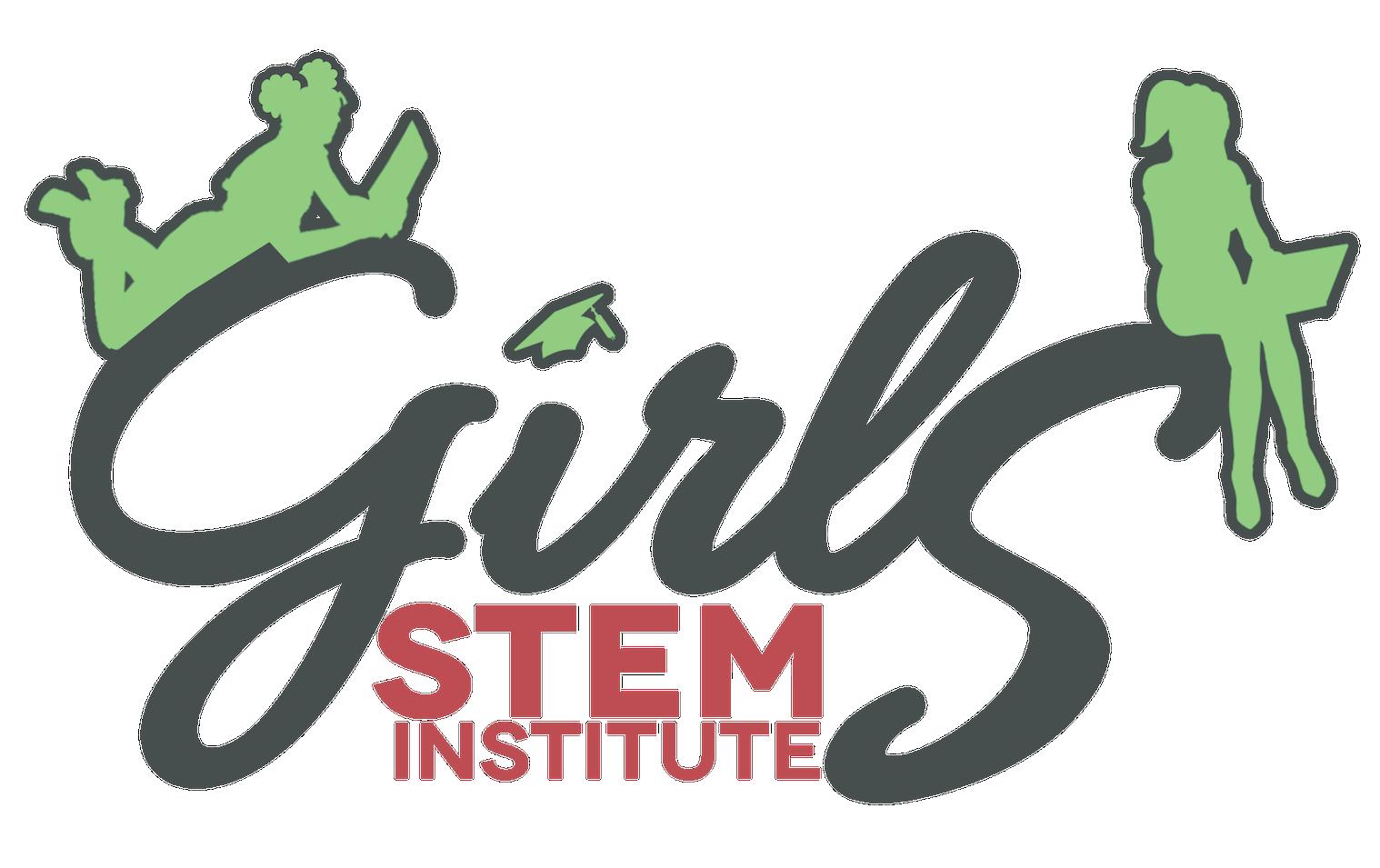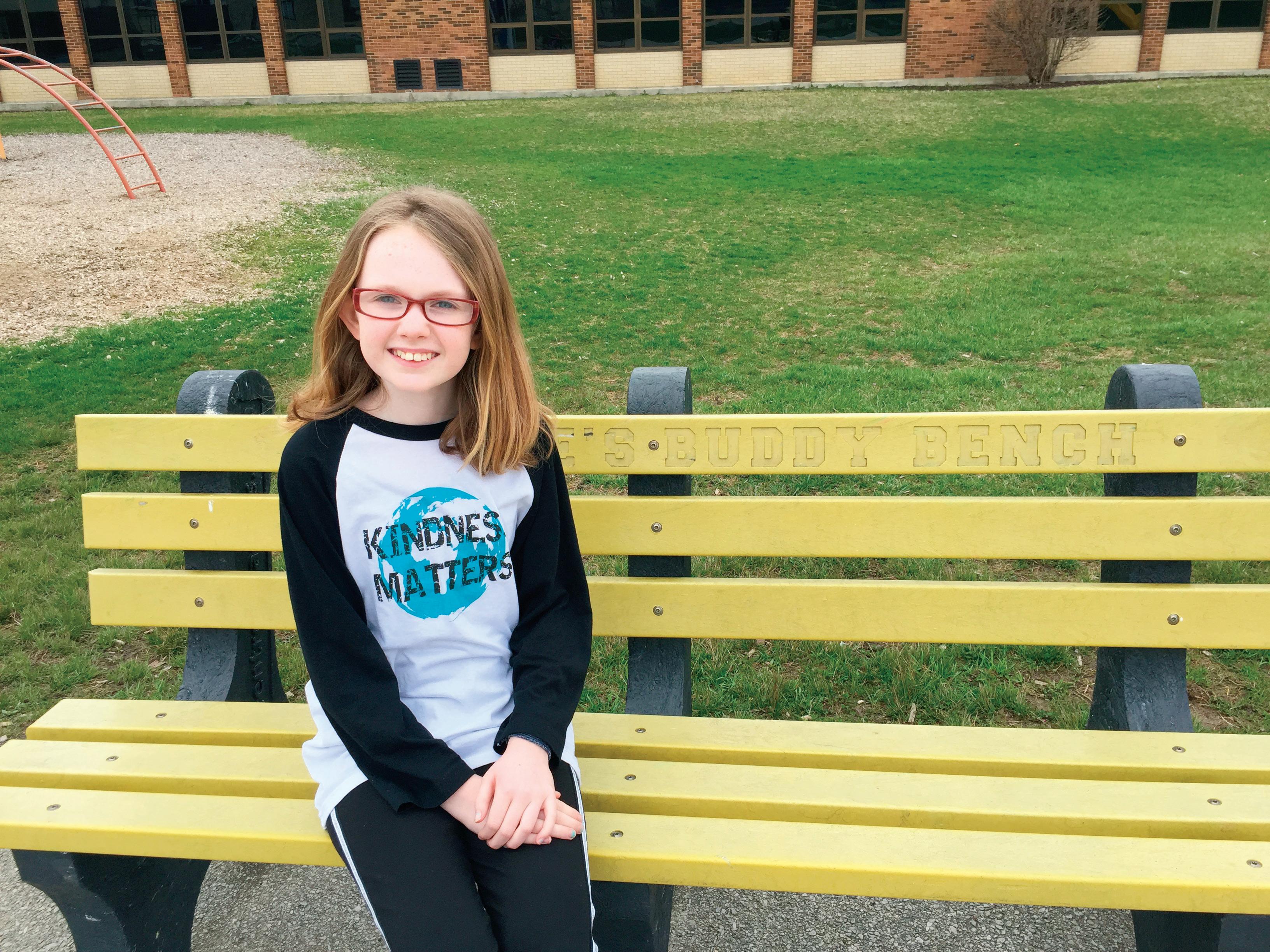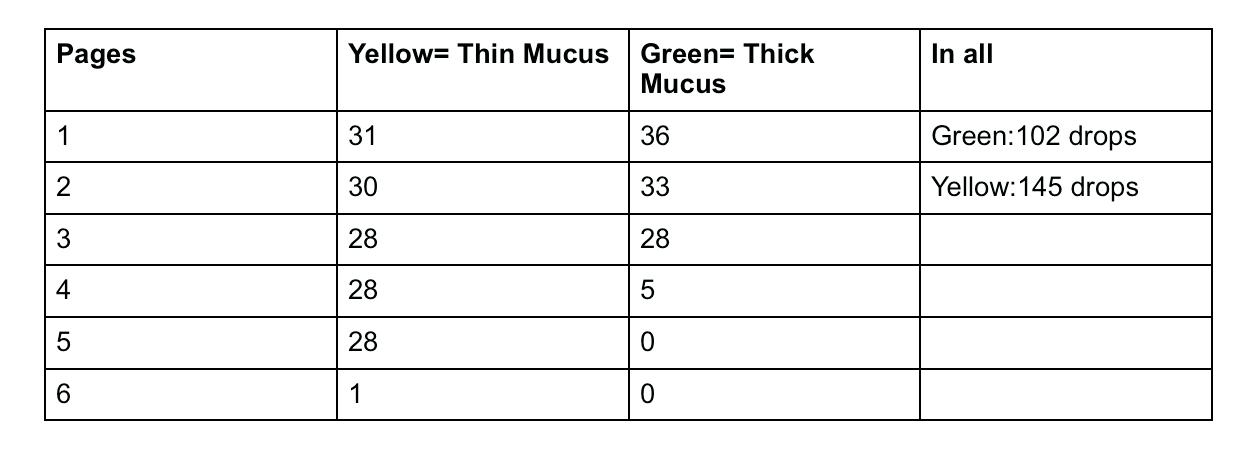
5 minute read
Growing through Challenges
from September Indy
After the 2019 Girls STEM Institute (GSI) summer program came to a close, the GSI staff started planning for the 2020 Summer Institute. We designed the curriculum, connected with community partners and parents/caregivers, and secured online meeting space. By mid-February, applications were under review, and we were ready to set the dates for the 2020 parents/caregiver summer orientation, but a global pandemic changed those plans. Our lives abruptly changed in almost an instance. As we were adjusting to sheltering in place, we decided to check on our GSI families to see how they were doing and how we could support them. The requests of parents/caregivers confirmed that we could not allow COVID-19 to cancel GSI for summer 2020. We decided to take this experience as a growth opportunity and made an early decision to host Girls STEM Institute as a virtual experience and to provide STEM kits to all participants.
Virtual programming was a new adventure for Girls STEM Institute, and our funders and community partners were supportive of this shift. We reached out to everyone who applied for the face to face experience to let them know that a virtual STEM Institute was planned for June 8th - July 25th. The GSI staff has been in conversations about the need for a parallel program for boys and young men. Therefore, we took this summer as an opportunity to invite elementary and middle school boys to join the program. We received 50 applications, and 45 scholars started on June 8th, two of whom were young men.
Advertisement
In early 2020, we never thought that we would conduct an all virtual 7-week STEM learning experience during the pandemics of COVID-19 and anti-Black racism. While we could not control the context in which we found ourselves, Girls (and Guys) STEM Institute became an oasis of joyful learning, hope, and growth. Girls STEM Institute grew to a four-state program as we welcomed scholars from North Carolina, Florida, and Georgia.
Our theme for summer 2020 was Empowerment through STEAM and 21st Century Skills. Scholars analyzed areas associated with the study of infectious diseases, forensic science, coding, music technology, and African dance. Given our holistic approach, scholars also engaged in learning experiences
focused on entrepreneirship, financial literacy, career and college readiness, digital media, mindfulness, nutrition, hair care, and physical fitness. Space was also provided for scholars to discuss and critique the impact of COVID-19 and systemic racism.
This summer offered us the opportunity to continue partnerships with BoldlyU, Asante Children’s Theatre, Always Making Progress, STEM Planning 4 You: K-12 Educational Consulting, faculty, students, and staff from IUPUI School of Education and the School of Engineering and Technology at IUPUI. It was a privilege to work with Teacher’s Credit Union, the Indy Black Chamber, the 15 White Coats, a neuroscience student from IU Bloomington, and new community partners from Indianapolis and Maryland for the first time. Words cannot express our level of appreciation for the support we received.
Summer 2020 was unlike any we have seen in our lifetime, and it taught us that a strong family bond could overcome any challenge. We learned that we must do what is right for the whole and not just focus on self. We have a mantra in GSI that there is "only one scholar in Girls (Guys) STEM Institute." Meaning that our actions not only impact us, they impact the collective. We rise and fall together! This summer was a time of growth and empowerment. As one of the adults in the space, it was encouraging to see our future leaders critically analyzing their world and their drive to make it a better place. These young scholars gave me hope for our future. The hope that we will have a better tomorrow.
Even though the summer program ended on July 25th with a drive-thru celebration and tears, we will remain connected through our Saturday programs throughout the year. And beyond that, will always be connected as the Girls (and Guys) Stem Institute Family.
Dr. Crys tal Hill Morton
THE KNOW HOW Health & Wellness What is Depression?
Depression is a very real medical issue. It does not mean there is something wrong with you or that you are not strong enough to feel better. It is due to a chemical imbalance in the brain. This is common in teenagers and pre teen years because the hormones are cycling wildly due to puberty. This hormonal imbalance mixed, with the high levels of stress and expectation during these years, makes it easy to become overwhelmed.
If you are depressed, you cannot just decide to feel happy and fix the issues. Yes, this is part of the process. You do have to try to find positive things in your day. Mostly though, it requires help to overcome. Talking with a counselor or psychologist is the most important part. It helps you identify the emotions you are experiencing that are making you feel this way. Sometimes too, medication is needed in addition to therapy. This will help balance the chemical irregularity happening in the brain. Taking a medication will not make you feel 100% back to normal, but it will help the hormone balance enough so you can use other tools to help you get back to yourself. Needing to take an antidepressant medication does not mean you are crazy or not trying hard enough.
Some people who are depressed harm themselves in an effort to feel things. One common example is people who cut themselves. If this sounds like you, or someone you know, it is scary and overwhelming. You may feel alone like you cant’ talk to anyone about it, especially not an adult because what if you get in trouble? This is absolutely NOT the case. The world today is much more overwhelming and has way more stress than in the past. Finding ways to deal with all the stress is difficult. You can ABSOLUTELY and ALWAYS tell an adult about the situation. You will not get in trouble. It is ok to ask for help. Find an adult you trust- a parent, a guidance counselor, a teacher, a doctor, and tell them what is going on. Odds are, they will know resources to help.
Signs of depression can be subtle and can get worse slowly over time. The most common signs are: Sleep changes: not being able to sleep at night or sleeping a lot more during the day Not wanting to hang out with friends or do activities you used to like to do
Feeling worthless or hopeless Feeling like you don’t have any energy It is harder to concentrate than usual
Change in appetite: Not wanting to eat or wanting to eat a lot more
Feeling on edge or anxious Thinking about hurting or killing yourself Please get help and reach out










